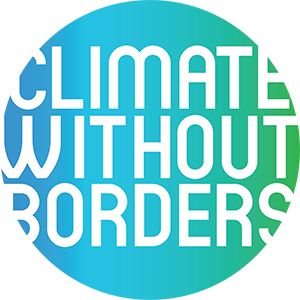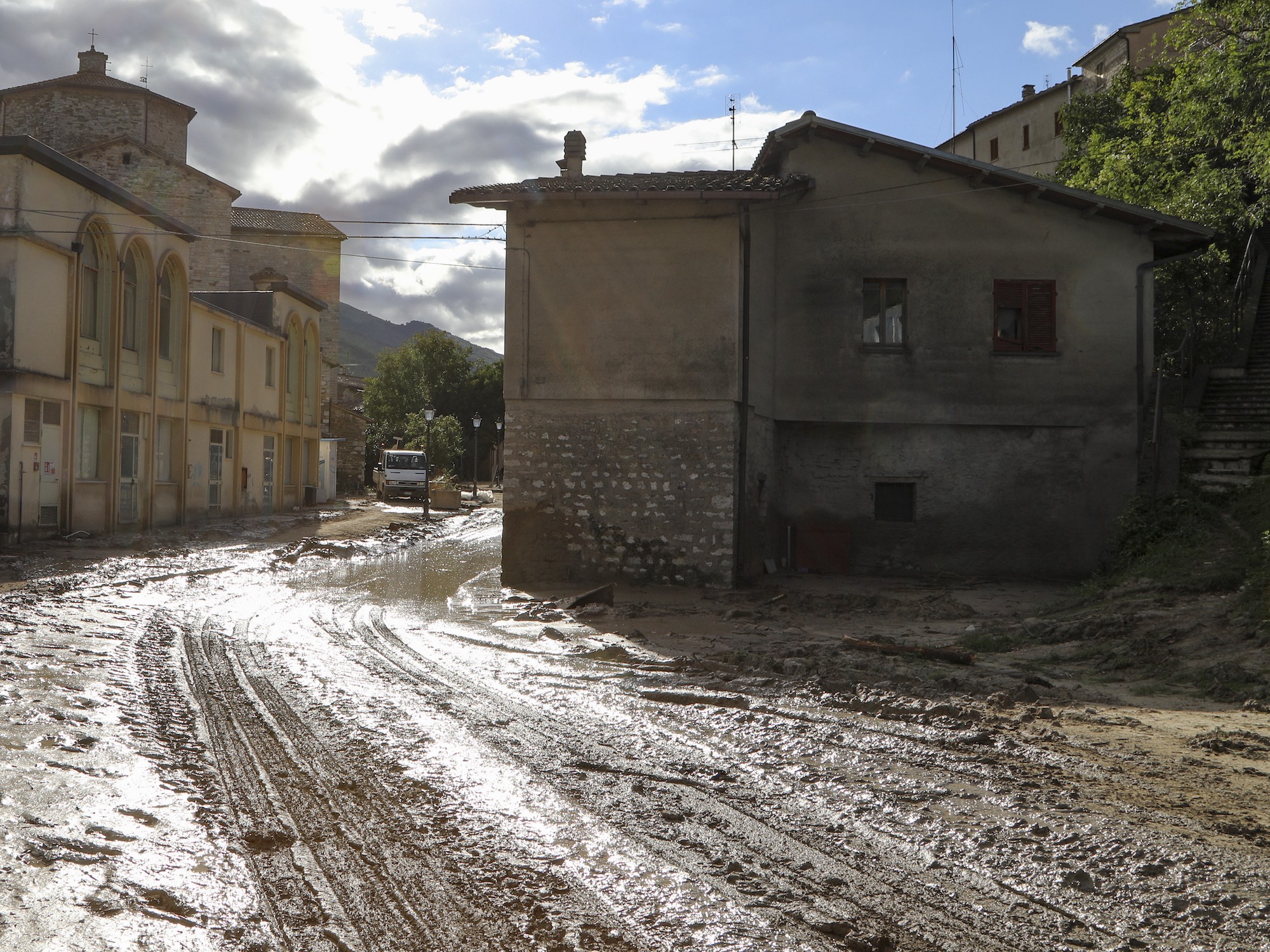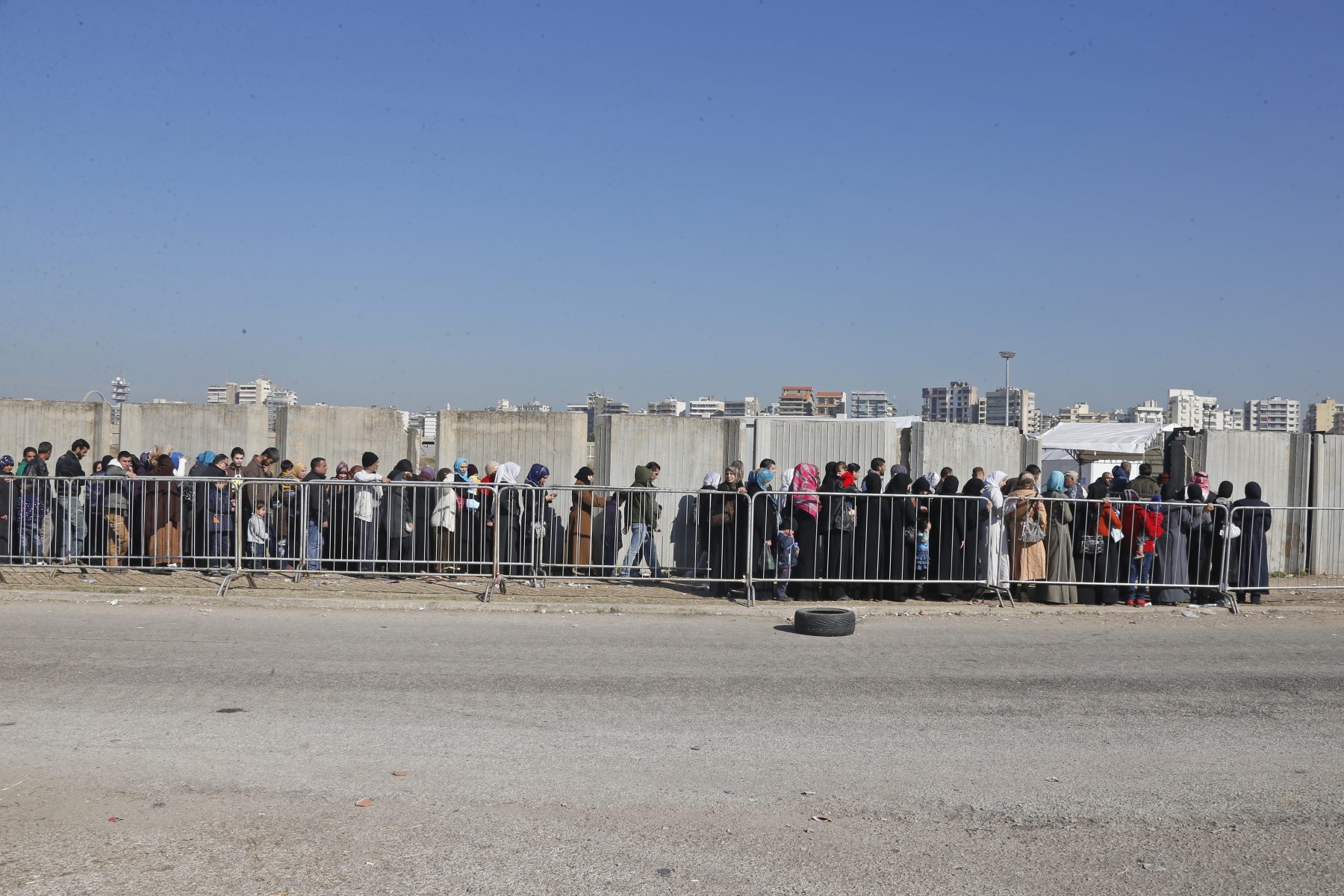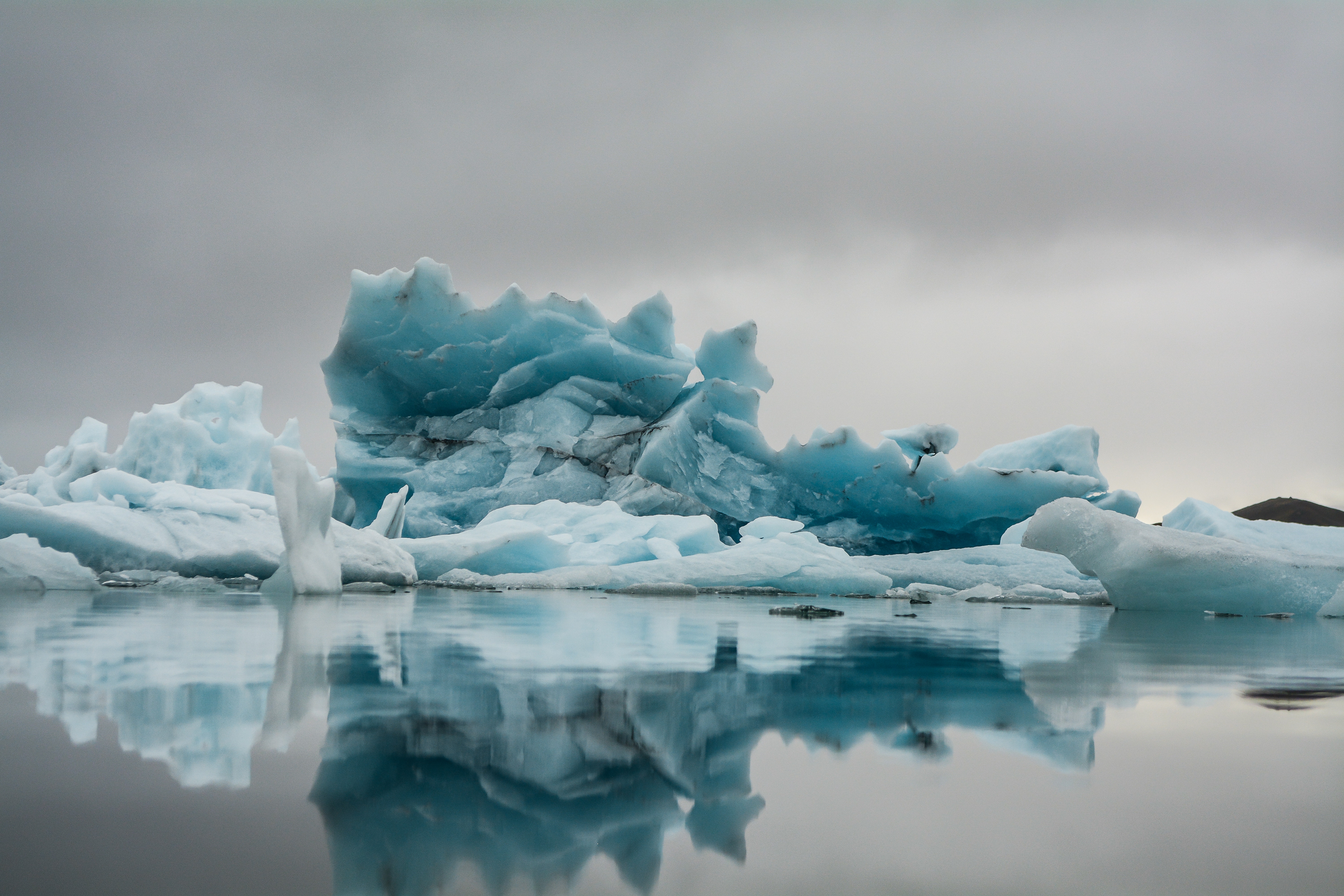They collect information from trusted sources, bring scientific knowledge to a broader audience all over the world and provide an alternative to those boring assessments that instantly lose people’s attention. Climate without Borders puts the changing climate into a new perspective.
By Jill Peeters and Mike Favetta
Jill Peeters and Mike Favetta are, respectively, founder and founding member of Climate without Borders, Winner of the Best Climate Solutions 2018 Award
There’s a saying in TV news; if it bleeds, it leads. When the weather is at its fiercest, TV weathercasters are often recruited to explain what is going on. They are held as bastions of scientific knowledge, even having to research obscure phenomenon that they might not be entirely familiar with. As global extreme weather events became more of a local news matter, TV meteorologists began to contact one another with questions about weather events specific to their region. Over the years, these interactions developed into a private network where they could share information on climate and weather events, even offering new and unique perspectives on noteworthy occurrences or comment on published climate assessments.
Enlarge

www.climatewithoutborders.org
When the Paris Agreement was signed, Laurent Fabius, who chaired the entire COP meeting, stated that everyone could find a goal that was most pertinent to their activities. Climate without Borders found its goal in Article 12, that states that all countries in the world should work on proper education and invest incorrect information so that each and everyone becomes aware of the threats that come with climate change, and the urgent climate action needed. Nowadays, weather presenters have a huge daily reach through classic media such as TV and radio, as well as social media. However, manning the barricades of changing weather patterns doesn’t necessarily mean that all weather presenters are well educated and know how to answer questions about sustainable mobility, agriculture, food patterns, etc.
TV weather presenters: united to address the climate challenge.
The goal of “Climate without Borders” (CwB) is to unite TV weather presenters from all over the world in bringing scientific knowledge to a broader public. This, in turn, creates climate awareness and support for the urgent climate action needed. Although the name suggests a connection to Doctors without Borders, members of Climate without Borders won’t be travelling to island nations about to be submerged, like Tuvalu, or volunteering in refugee efforts. Rather, Climate without Borders is a network of TV weathercasters around the world who aim to communicate the science and impact of climate change, and give warnings to their local viewers. This makes the organization truly unique. TV weathercasters are trusted sources of information that know the nuances of their audience’s cultures, they are perfectly positioned to make complicated messages more understandable. Exploiting this relationship is an effective way of sharing climate information that people will actually listen to and comprehend.
Thanks to technology, the dynamic of TV weather presentations is changing. Instead of turning on the TV screen to wait for a curated weather forecast, more and more people are turning to their phone screens to get a customized weather report.
For a large part of the population, the best way to lose people’s attention is by saying “climate assessment” – how boring! Yet, it becomes the weather presenter’s job to make it interesting and relatable, possibly to someone’s wallet. If the talk of the town is how expensive particular produce is at the market, which is directly related to extreme weather that damaged crops, that would be the time for the weather presenter to offer an explanation grounded in climate science. If drought is causing a popular local harvest festival to be cancelled, that would similarly get the viewer’s attention.
The middle-man between Science and People
Climate experts are very smart people and engage in groundbreaking technical research. They are a critical part of furthering climate science. A common skill that could be improved, however, is proper communication so as to connect with their audiences, especially across various cultures. In contrast, journalists are excellent at telling a compelling story, in print or on screen, that connects with their local audience, even using something as simple as a headline. However, most of these journalists lack the science background needed to understand complex technical information and turn it into a clear and digestible message. This is where Climate without Borders comes in. We are the face of Science. I am proud to be a founding member of the organization, someone who communicates the climate message in a clear and consistent manner by understanding my audience through and through.
While the situation in Tuvalu may be grave, the rest of us on the other side of the world don’t think about it often. But, when a rapidly intensifying storm, supercharged by climate change, hits a major metropolitan area near our hometown, we become obsessed with finding out why or how. In this day and age, curious minds turn to social media, asking their local TV weathercaster to explain what is happening. Thanks to technology, the dynamic of TV weather presentations are changing. Instead of turning on the TV screen to wait for a curated weather forecast, more and more people are turning to their phone screens to get a customized weather report. But, try asking your digital assistant if climate change is responsible for the record flooding rains in tomorrow’s forecast and there’s radio silence.
Climate without Borders’ goal is to expand our network so more countries are represented by their TV weathercasters. Additionally, Climate without Borders has started school initiatives, which are an important way to get young students involved, so they can understand how the weather works and how the changing climate is impacting their own schoolyard. The Weatherbox campaign, for example, uses a Raspberry Pi board that students can program and connect to weather observing instruments, sharing data with other schools and organizations around the world. This citizen science project will be launched in Belgium, supported by the local weather presenter, and from there it will be rolled out to other weather presenters in more countries. Gathering data is the key to better weather predictions and saving people’s lives (adaptation), but also educating them so that climate actions can gain broader societal support (mitigation).






